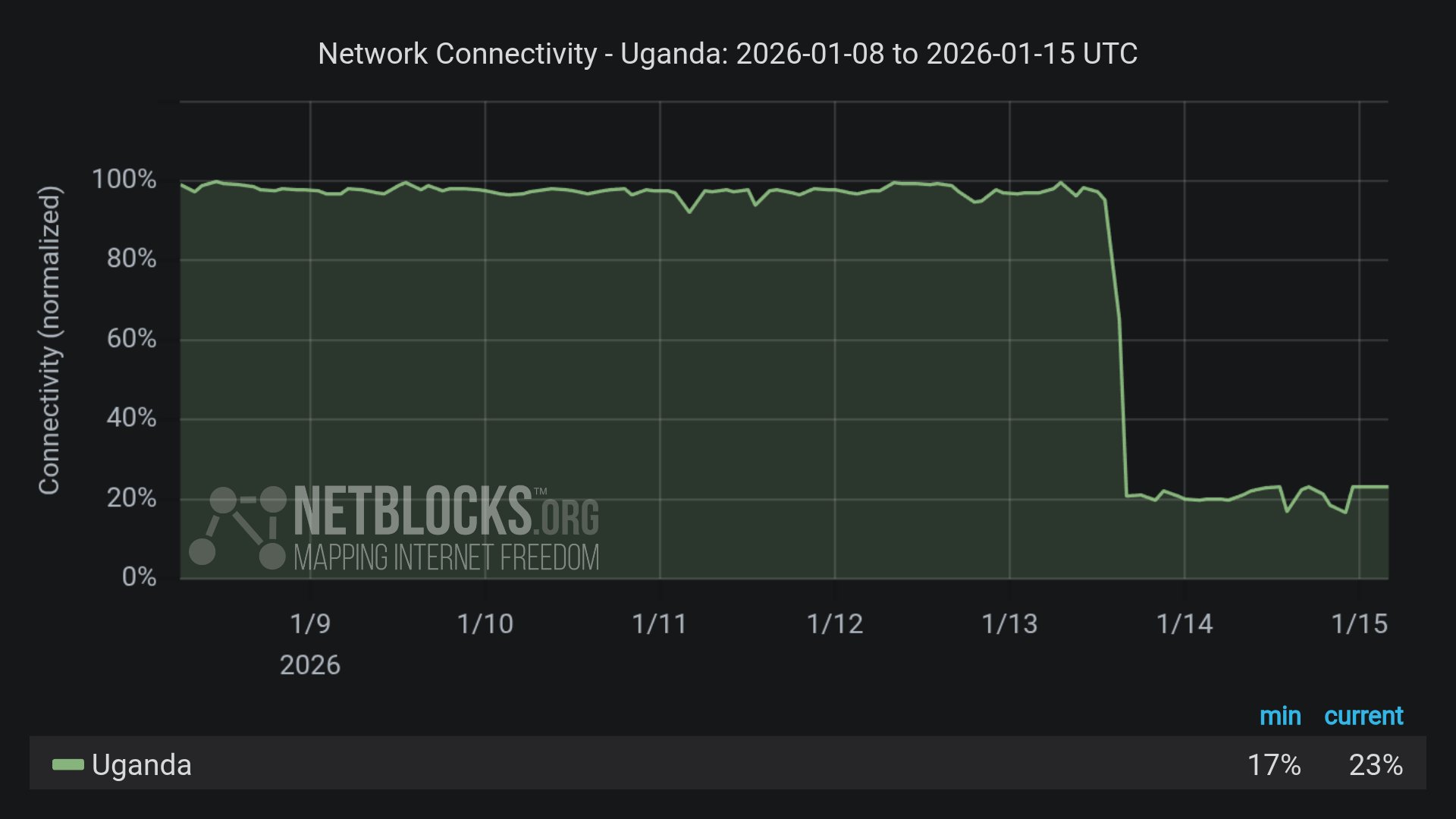 After years of campaigning, we have the chance to pass defamation laws that are fit for the 21st century. We cannot miss this opportunity, says Jo Glanville
After years of campaigning, we have the chance to pass defamation laws that are fit for the 21st century. We cannot miss this opportunity, says Jo Glanville
This piece originally appeared in the Telegraph
On Wednesday, sooner than anyone anticipated, the defamation bill returns to the House of Commons for report stage and its third reading, before heading to the House of Lords for its further progress through Parliament. Along the way, it’s likely to collide with the publication of the Leveson Inquiry’s report. The final shape of the bill and the recommendations of the inquiry will not only have an impact on the press, but on anyone who writes or shares information – on or offline.
One of the achievements of the libel reform campaign was to demonstrate that the need for reform is not simply a matter of safeguarding press freedom. The now infamous libel actions against science writer Simon Singh and cardiologist Peter Wilmshurst significantly helped to galvanise public opinion and political action when it became clear that our defamation laws were being used to silence scientific debate. This, coupled with the criticism of the UN Human Rights Committee and outrage in the US, which changed its laws to protect citizens from our libel courts, introduced a sea change, ending the inertia that had stymied significant reform for decades.
But since the libel reform campaign was launched nearly three years by English PEN, Index on Censorship and Sense about Science, the climate has become more conservative. This is not only as a result of the phone hacking scandal, but because of the rise of social media and concerns about harassment online. The impulse towards overdue reform is now in danger of being checked by the fear that reform may offer more licence to journalists and trolls. So it’s worth reiterating why we cannot afford to miss a historic opportunity to pass defamation laws that are fit for the 21st century and to correct some of the misconceptions.
As the law currently stands, threats of defamation can — and are — used to silence legitimate criticism. It has long had a chilling effect on investigative journalism and increasingly on online publication: internet service providers and hosts will remove material the minute they’re advised that they may be carrying libellous material, for fear of liability, even though it may be an empty threat. The government has recognised that it has been too easy for bullies with flimsy claims to launch a libel suit and is introducing a serious harm threshold in the bill to help defeat trivial or vexatious suits. Other welcome measures include addressing libel tourism (limiting the risk of foreign-based defendants to be sued in our courts by claimants, themselves often based abroad), a single publication rule (to end the anomaly where an action can be launched years after original publication) and an extra defence for online hosts.
However the bill does not yet offer the necessary reform that was promised by the coalition government. It does not address corporations’ ability to sue in defamation, despite their track record of libel bullying and the difference in harm they suffer. Nor does it include a robust public interest defence — one of the most serious omissions of all. The bill currently offers a statutory version of what is known as the Reynolds Defence, which has been shown in practice to be inaccessible, uncertain and unwieldy — useless for anything other than large newspaper groups. It is not just journalists who need apublic interest defence, it is essential for human rights groups exposing corruption, the Reynolds and scientists speaking out about malpractice. The Hacked Off campaign, which has been at the forefront of calling for effective press regulation in the wake of the phone hacking scandal, also recognises the fundamental importance of such a defence.
This is also the first opportunity for legislation that protects free speech online — and is one of the most complex areas of the bill. The government has not published, even in draft, the regulations that will implement the primary legislation. Furthermore, the bill is not yet in line with the e-commerce regulations, which give service providers immunity until they have actual knowledge that they are hosting unlawful material. More worrying still, the second reading of the defamation bill in the House of Commons in the summer exposed a degree of ignorance amongst MPs about the law. More than one politician conflated harassment and abuse online (also known as trolling, at the time very much in the news) with defamation. In order to have an informed debate this week, it’s essential that politicians understand the difference: this is not a bill that will or should address harassment, which is already dealt with in other legislation.
Alongside the bill, the government is committed to encouraging alternative dispute resolution (ADR) in libel. It’s very likely that the Leveson Inquiry may also propose a forum for ADR in its recommendations. English PEN and Index on Censorship have supported the introduction of low-cost dispute resolution for libel claims in their evidence to the inquiry — it is the expense of libel cases that is one of the most significant chills for freedom of speech. It will be essential that any such forum will be available to all and not just the media — and that may be one of Leveson’s trickiest challenges. For while it is the criminal behaviour of members of the press that precipitated the inquiry, it is no longer possible to treat journalists in isolation from online publication. That is the landscape that MPs will also have to take into account when they debate the defamation bill this week: this is no longer simply about the free speech of the press, it potentially affects anyone who writes or communicates online.
Jo Glanville is the director of English PEN and outgoing editor of Index on Censorship magazine




